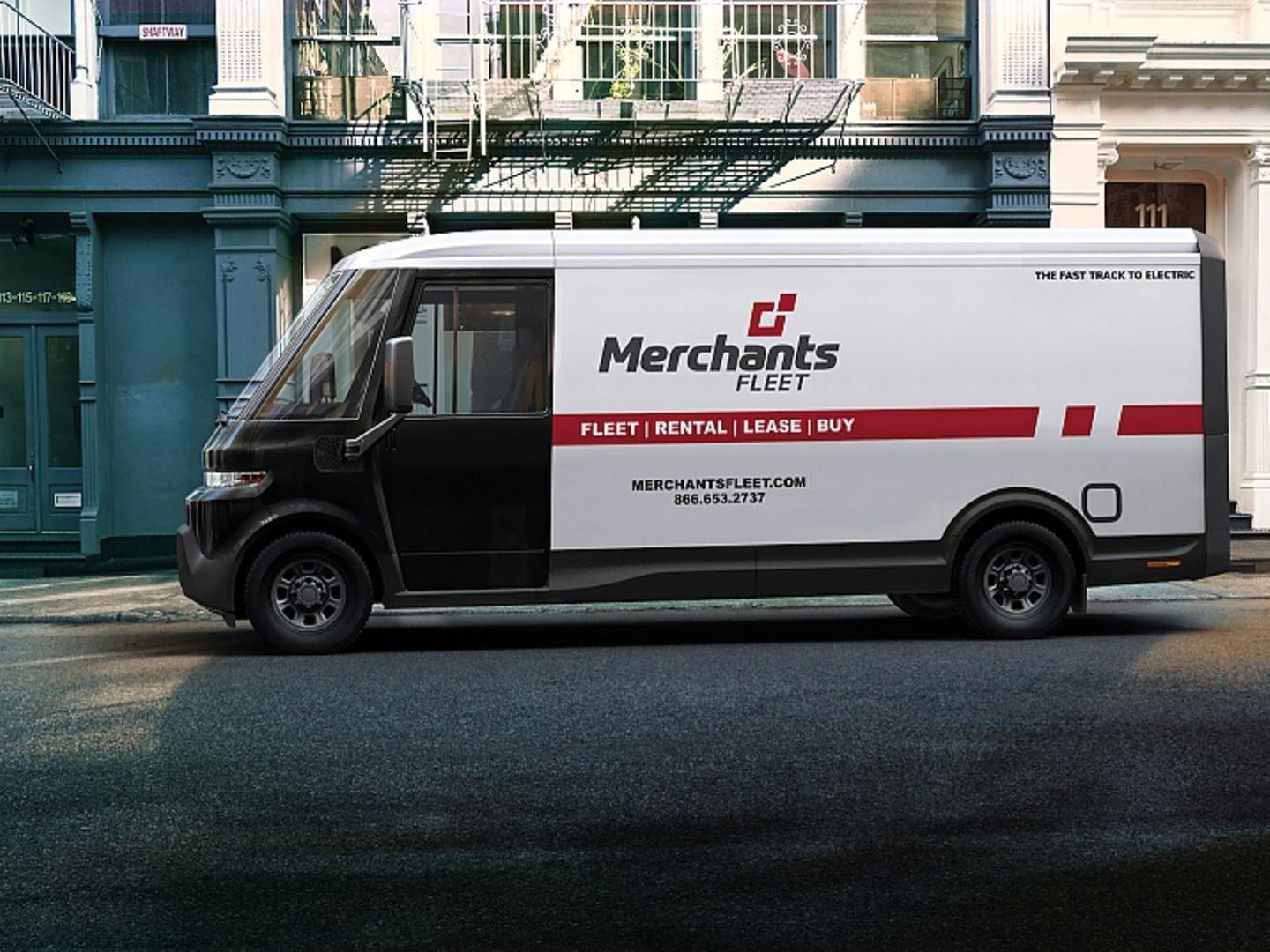The Evolution and Importance of Delivery Services

Introduction
The delivery sector has become a cornerstone of modern commerce, especially in the wake of the COVID-19 pandemic. As online shopping proliferates, the demand for efficient and reliable delivery services has surged. This article examines the relevance of delivery services today, highlighting their impact on consumer behaviour and market dynamics.
Current Trends in Delivery Services
In recent years, the delivery industry has witnessed significant transformations. Major players like Amazon and Uber Eats have expanded their reach, offering customers faster and more flexible delivery options. A report from Statista indicates that the global online food delivery market alone was valued at approximately $150 billion in 2021 and is expected to grow steadily in the coming years.
Technological advancements have also played a crucial role. The integration of artificial intelligence (AI) and machine learning in logistics is helping companies optimise delivery routes, reduce costs, and improve customer satisfaction. For instance, companies like Deliveroo are using data analytics to predict peak order times, thus ensuring that delivery drivers are strategically positioned to respond promptly to customer needs.
Impact of Delivery Services on Consumer Behaviour
The convenience provided by delivery services is reshaping consumer expectations. Many shoppers now prefer the ease of online orders, often expecting same-day or next-day delivery services. In a 2023 survey conducted by PwC, about 70% of consumers stated they are more likely to shop from retailers that offer convenient delivery options, indicating the significant influence of delivery on purchasing decisions.
Challenges Facing the Delivery Sector
Despite its growth, the delivery industry faces several challenges. Issues such as traffic congestion, rising fuel costs, and labour shortages are impacting operational efficiency. Additionally, environmental concerns regarding carbon emissions from delivery vehicles have prompted companies to explore greener alternatives. For instance, many firms are looking into electric delivery vehicles and bicycle couriers as more sustainable options.
Conclusion
The evolution of delivery services is an integral aspect of the contemporary economy, significantly shaping consumer behaviour and business strategies. As technology continues to advance, the importance of these services will only increase, with efficiencies and sustainability becoming primary focal points for the industry’s future. Readers can expect to see further innovations geared towards enhancing convenience and reducing environmental impact in the delivery landscape.
